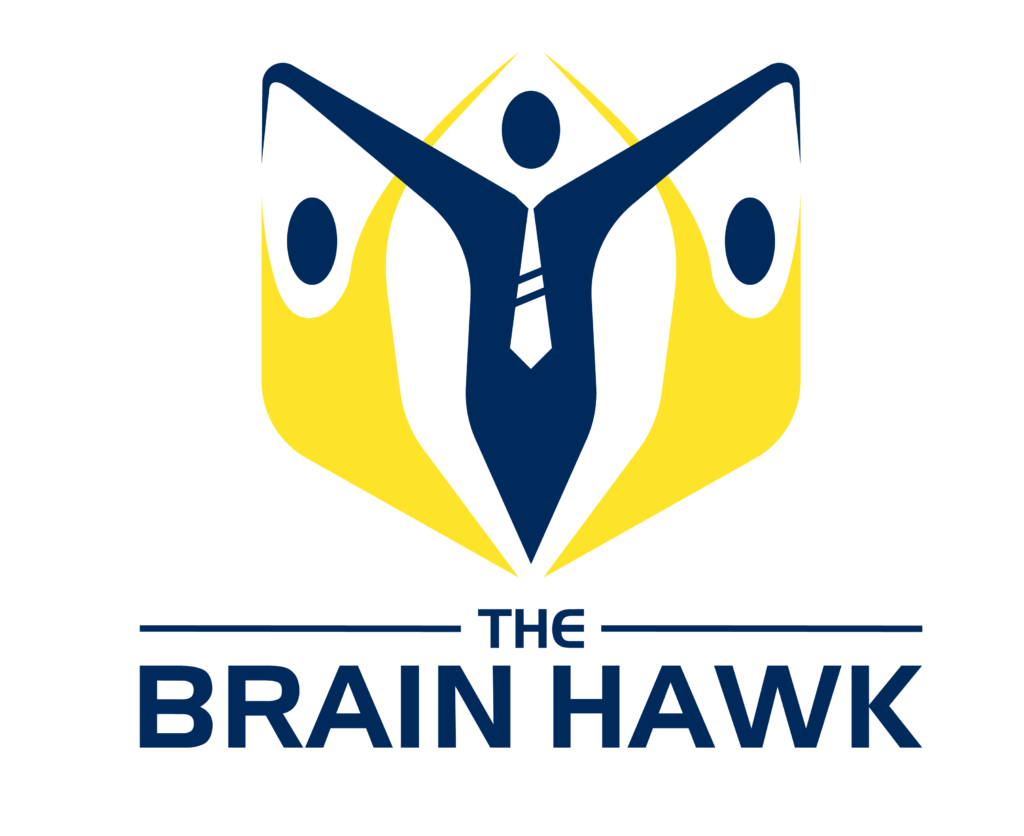HR Documentation
At first, HR documentation may appear to be a series of onerous administrative duties that must be completed as part of running a firm. However, accurate HR documentation is critical to the success of your company.
Here’s why:
- It tells the story of your company’s interactions with each employee from the beginning to the end of their employment.
- It serves as your assurance that you are in accordance with federal, state, and local employment rules and regulations.
- It is your first line of defence if an employee sues your organisation for discrimination, wrongful termination, or another reason.


For business owners and managers, there is a lot of sensitive employee data to manage and secure, as well as a variety of employee issues to deal with on a daily basis.
Not having thorough staff records, as well as a safe location where this information is centralised, might land you in hot water quickly.
This is your guide to creating comprehensive, correct HR paperwork. It covers:
- What you need to document
- What information should be included in your documentation
- How you collect this information
The purpose of HR documentation
To paraphrase an old adage, if you don’t write it down, it didn’t happen.
The purpose of providing written evidence to support your decisions and policies is to be believable, fair, and consistent. It’s a good idea to assume that a third party will evaluate your records at some time.
Confidentiality is also a crucial aspect of record keeping. Managers and human resource professionals are responsible for managing information about an employee’s performance or personal situation, whether it is shared in writing or verbally.
This information must be kept confidential and only shared with employees who need to know.
Let’s take a look at the most important areas where solid HR documentation is essential.

Onboarding paperwork
It is critical to maintain original paperwork from the hiring and onboarding processes, such as:
- Job applications
- Resumes and cover letters
- Verifications of employment and education history
- Employment contracts
- Personal identification documents
- Contact information
- Bank account information
- Compensation structures
- Signed employee handbook acknowledgment forms
- Relocation agreements
Medical information
Local regulations may restrict how you document relevant medical information, but some departments may keep papers such as:
- Disability accommodations
- Records of medical leaves
- Doctor's notes for absences
- Emergency contact information
When seeking medical information and documenting health-related absences, keep in mind to protect employees' privacy and to follow all applicable requirements.
Performance documents
Keeping extensive records about employees' ongoing performance can be valuable, thus retain records like:
- Job descriptions
- Training records
- Disciplinary action reports
- Attendance records
- Performance improvement plans
- Policy violations
- Self-assessments
- Recognition and awards
Termination records
If an employee departs the organisation voluntarily or involuntarily, it is critical to retain detailed records of their departure, including:
- Resignation or termination letter
- Exit interview records
- Insurance information
- Remaining paycheck information
- Clearance form
